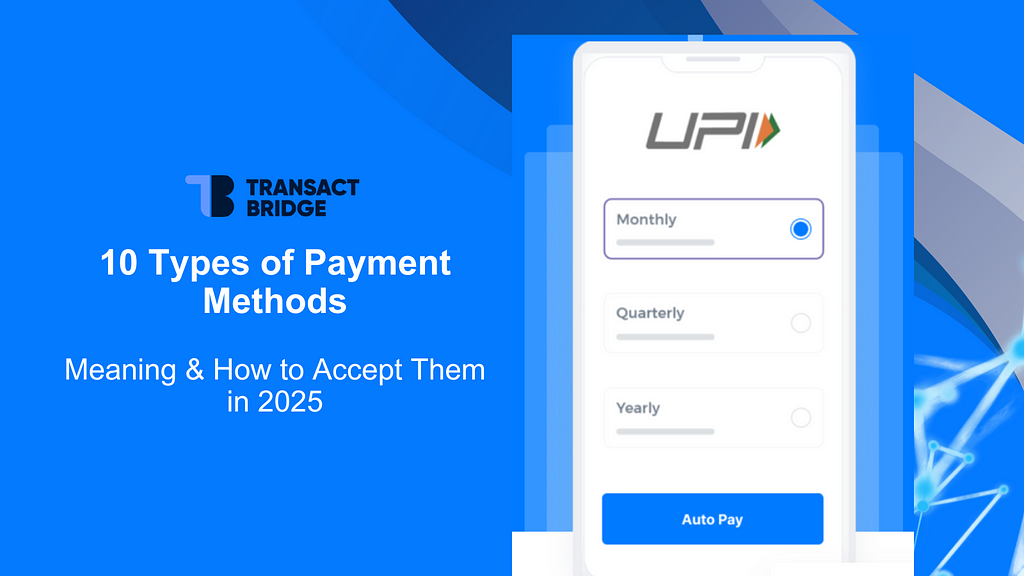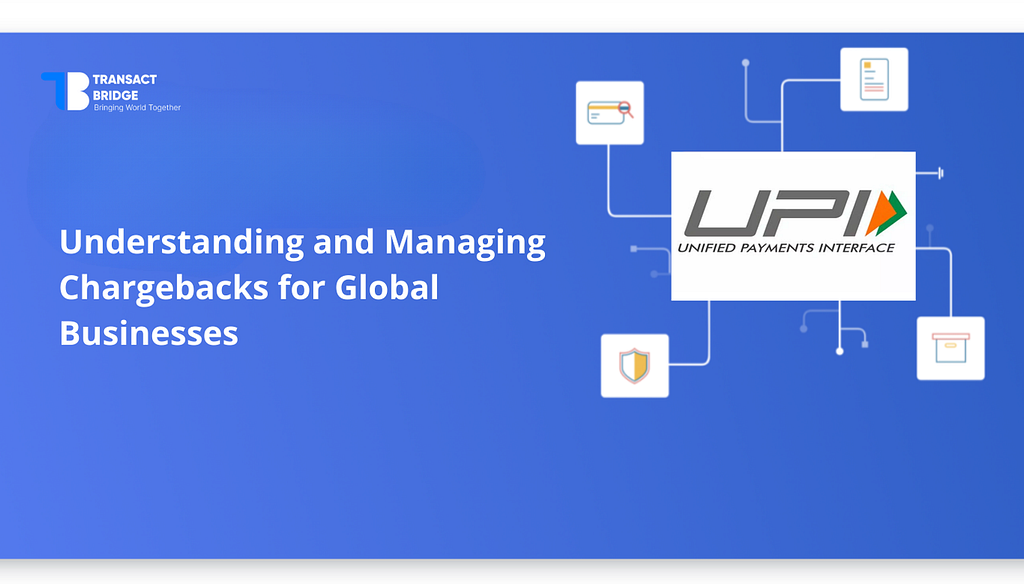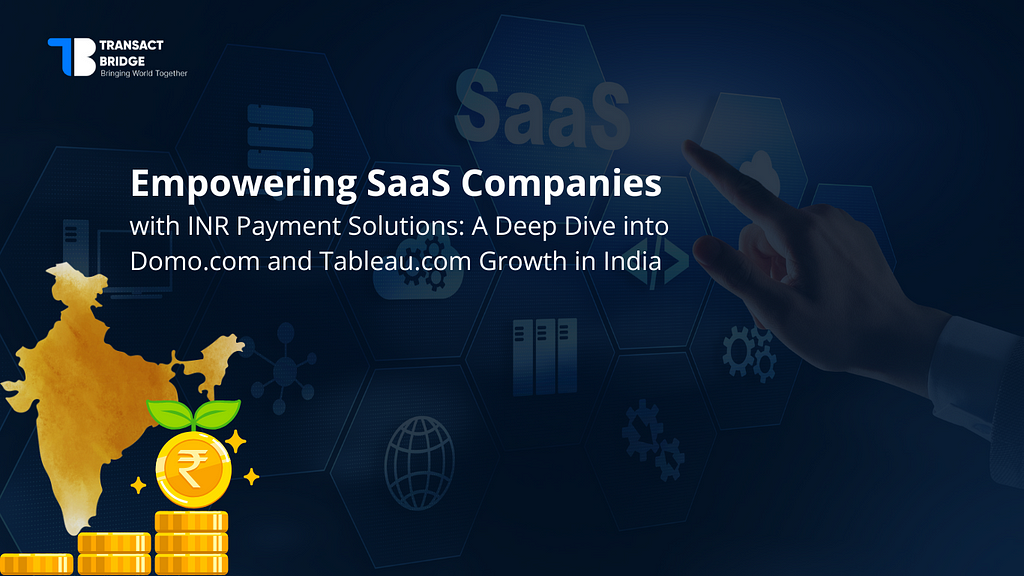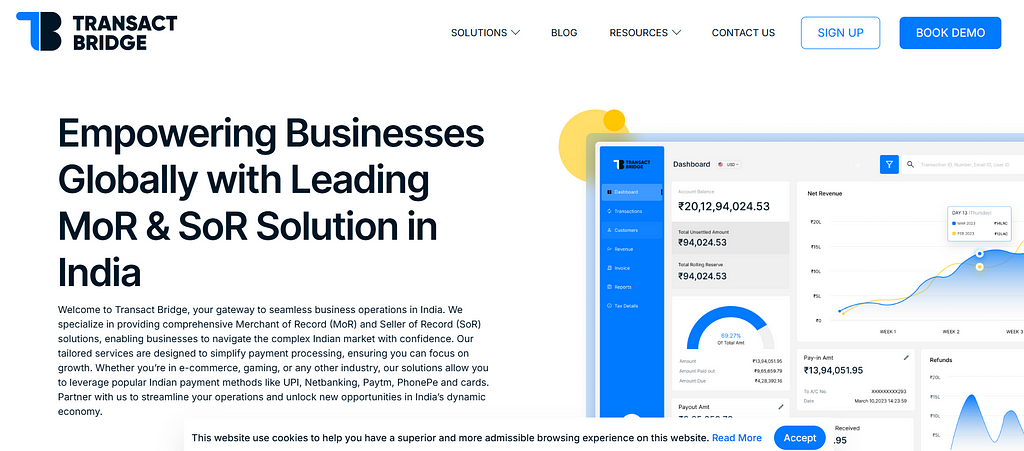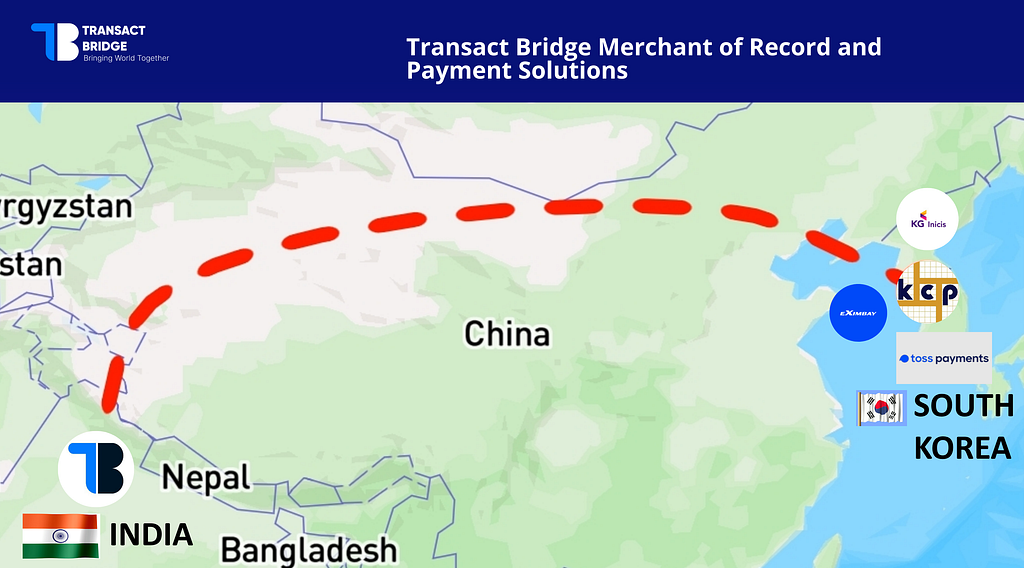
Beyond Payment Gateways: How Global Companies Accept UPI Payments in India Without a Local Entity
Published on: Mon 22-Sep-2025 02:13 PM
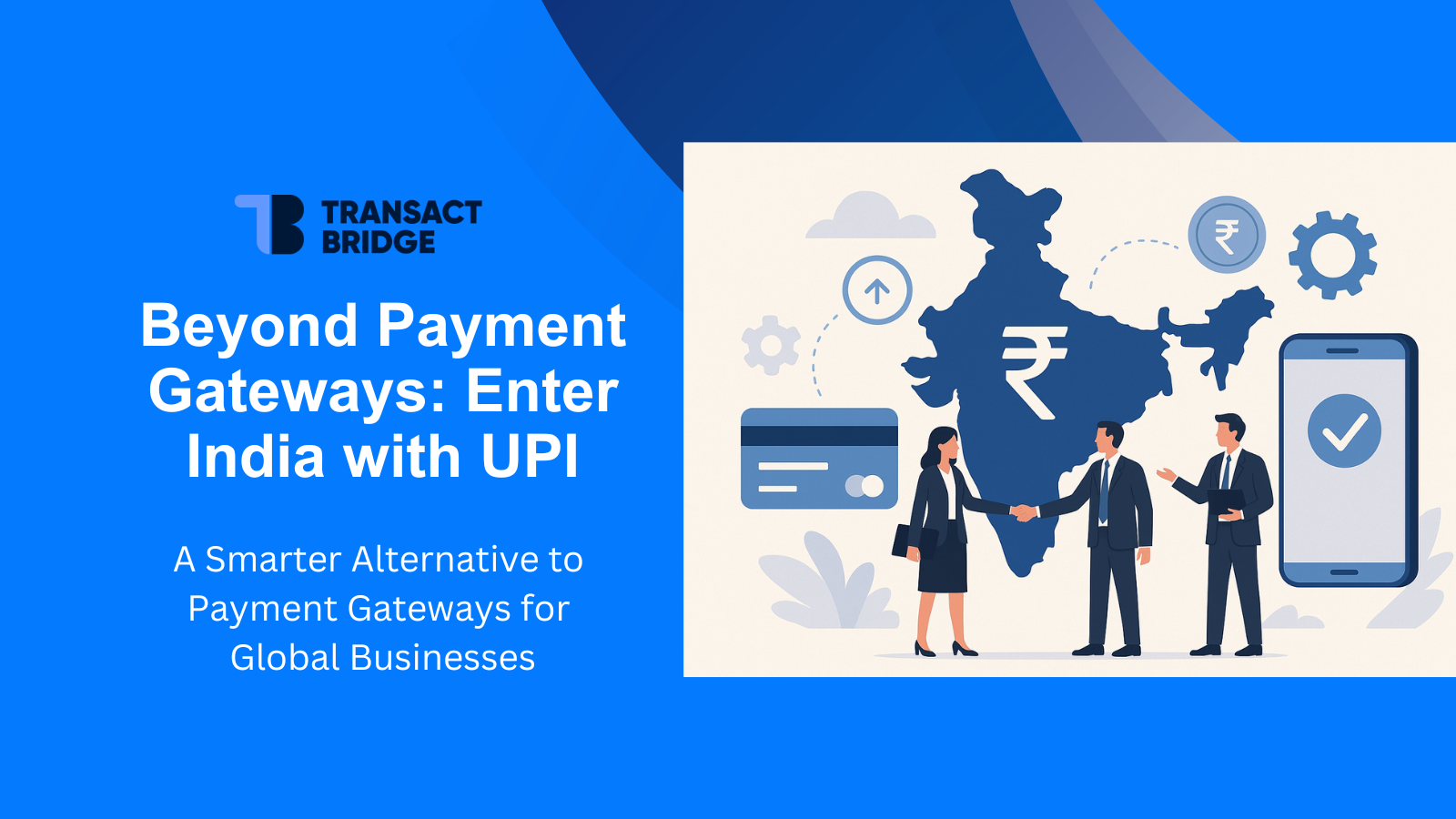
India has become one of the most attractive markets for global businesses. With more than 1.4 billion people and over 500 million digital consumers, it is a hub for SaaS, gaming, live streaming, and e-commerce growth.
But what makes India unique is how people pay. Unlike the US or Europe, where credit cards dominate, UPI (Unified Payments Interface) accounts for over 70% of all retail digital transactions in India. Consumers expect instant, secure, and low-cost payments via UPI — whether they’re subscribing to a SaaS product, topping up a wallet in a streaming app, or buying digital services.
For foreign companies, the challenge is clear: how do you accept UPI payments and stay compliant in India without setting up a costly local entity?
This is where many turn to traditional payment gateways — but payment gateways alone don’t solve the full problem.
The Limitations of Traditional Payment Gateways
Most global founders are familiar with payment gateways like Stripe, Adyen, or PayPal. They provide the infrastructure to accept online payments and connect with local rails. But when it comes to entering India as a foreign company, payment gateways hit a wall.
Why payment gateways alone don’t solve compliance
Payment gateways are technical solutions. They process transactions, but they don’t take responsibility for legal, tax, or compliance obligations in India. That’s left to the business owner.
GST, invoicing, and local regulations they can’t handle
In India, GST (Goods and Services Tax) is mandatory on many digital products and services. Payment gateways can’t register, collect, and remit GST on your behalf if you don’t have a local entity. This leaves businesses exposed to tax non-compliance.
Risks of relying only on a gateway
For foreign SaaS or digital platforms, this creates three risks:
Inability to legally invoice Indian customers.
Exposure to tax penalties for non-compliance.
Barriers to remitting revenue globally in a compliant manner.
In short: payment gateways open the door, but they don’t solve the regulatory maze.
Understanding the Merchant of Record (MoR) Model
So what’s the alternative? The answer lies in the Merchant of Record (MoR) model.
What is MoR in simple terms
A Merchant of Record is a legal entity that takes on the responsibility of selling to customers on your behalf. They handle payments, compliance, taxation, invoicing, and customer receipts — so you don’t need to set up locally.
How MoR differs from payment gateways
Payment Gateway: Just a tool that processes payments.
Merchant of Record: A partner who becomes the seller of record, taking full compliance, tax, and regulatory responsibility.
Why MoR is critical for global market entry
For US, UK, and European companies entering India, MoR means:
No need to set up a local company.
No need to register for GST directly.
Faster access to UPI and Indian payment methods.
Why Expanding Into India Is Different
India’s payments and compliance environment is unlike any other global market.
UPI dominance in digital payments
UPI processed more than 100 billion transactions in 2023. It’s low-cost, real-time, and available to every Indian consumer. Without UPI, you’re excluding the majority of your potential customer base.
Regulatory environment (RBI, GST, compliance)
The Reserve Bank of India (RBI) closely regulates foreign payment activity. On top of that, GST registration and local invoicing requirements apply to nearly all digital goods and services.
Challenges foreign companies face without local presence
Setting up an Indian subsidiary takes months of legal work.
Hiring compliance, tax, and legal advisors costs tens of thousands of dollars annually.
You need ongoing local support for invoicing, refunds, and disputes.
This is why many global companies stall at the India entry stage — even though the opportunity is massive.
MoR as the Advanced Alternative to Payment Gateways
The Merchant of Record model doesn’t just replicate what a payment gateway does — it goes beyond.
Handling compliance and legal obligations
MoR ensures your business remains compliant with RBI regulations, KYC requirements, and Indian taxation laws.
Managing GST and cross-border taxation
Instead of forcing your business to register for GST in India, the MoR collects and remits GST on your behalf.
Supporting UPI, cards, wallets, and subscriptions
MoR integrates with UPI and all major local payment methods, while also enabling recurring billing for SaaS and subscriptions.
In other words, MoR is not a payment gateway — it’s the payment gateway plus compliance, taxation, and legal infrastructure.
Who Needs MoR? Ideal Companies and Use Cases
The MoR model is valuable for many industries expanding into India:
SaaS companies expanding to India
Whether you’re a CRM tool, analytics platform, or SaaS marketplace, MoR enables you to accept Indian payments instantly.
E-commerce and digital product sellers
Selling software licenses, gaming credits, or premium memberships? MoR makes it seamless.
Live chat, streaming, and entertainment platforms
From gifting to subscriptions, these platforms rely heavily on UPI. MoR handles high-volume, micro-transactions compliantly.
Case Study: A SaaS Company Entering India Without a Local Entity
(Here we’ll create a sample anonymized case study — let me know if you want me to use a real Transact Bridge client example.)
A European SaaS company wanted to enter India. Using a payment gateway wasn’t enough because they couldn’t register for GST without a local entity.
By partnering with Transact Bridge as their Merchant of Record, they:
Accepted UPI payments from Indian customers.
Stayed compliant with Indian tax laws.
Remitted revenue globally without delays.
Their go-to-market timeline dropped from 12 months to 4 weeks.
Key Benefits of Choosing MoR Over Payment Gateways
Faster go-to-market
Skip entity setup and compliance delays.
Lower compliance risk
MoR shields you from tax and legal liabilities.
Simplified global remittance
Revenue is collected in India and remitted seamlessly to your home country.
Why Transact Bridge Is the MoR Partner of Choice
At Transact Bridge, we specialize in helping global companies expand into India without friction.
Specialized in UPI and Indian compliance
Deep expertise in RBI regulations and GST management.
Proven track record with global clients
We’ve supported SaaS, gaming, and streaming businesses across the US, UK, and Europe.
End-to-end payment + compliance support
From payments to refunds, taxation to legal support — everything is handled.
🔗 Learn more about our solutions here: Transactbridge.com
FAQs: Payment Gateways vs Merchant of Record in India
1. Can I use Stripe or PayPal to sell in India?
Yes, but they don’t cover compliance, GST, or local invoicing requirements.
2. Do I need a local entity in India to sell?
Not with an MoR like Transact Bridge. We handle compliance on your behalf.
3. What payment methods do Indian users prefer?
UPI is the most popular, followed by wallets and debit cards.
4. How fast can I start selling in India with MoR?
In as little as 4–6 weeks.
5. Is MoR only for SaaS?
No, it works for SaaS, e-commerce, gaming, streaming, and digital products.
6. What makes Transact Bridge different from a payment gateway?
We don’t just process payments. We become the seller of record, handling compliance, GST, and legal obligations too.
Conclusion: Scaling Into India the Smarter Way
India is a market no global company can ignore. But while payment gateways open the door, they don’t solve the compliance, taxation, and legal hurdles foreign businesses face.
The Merchant of Record model is the advanced solution that enables SaaS, e-commerce, and streaming companies to:
Enter India without a local entity.
Accept UPI and local payments instantly.
Stay compliant, secure, and scalable.
At Transact Bridge, we’re not just a payment gateway. We’re your partner in unlocking India’s digital economy.





